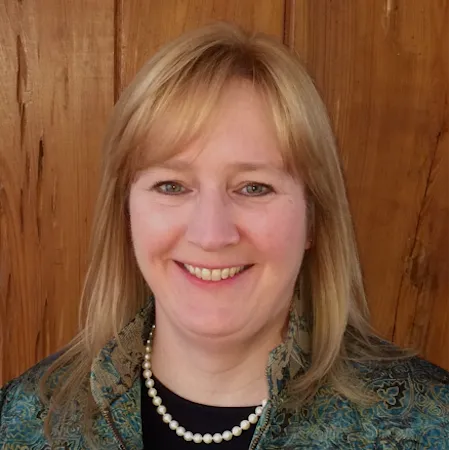The challenges facing humanity are complex and are not restricted to national borders. The causal factors of these challenges can be subtly interrelated and many often play a role in several different global issues. This interconnected nature means that actions and decisions designed to solve a single problem can invariably impact other seemingly unrelated challenges and lead to unintended consequences. Sustainable solutions to the majority of the world’s most difficult socio-environmental challenges can be achieved if science communities and societies from across the globe work together to employ a systems approach that relies on inter- and transdisciplinary methods to problem solving. These approaches provide a more holistic framework to assess potential solutions.
While multinational, inter- and transdisciplinary research is essential for solving these challenges, funding these teams is difficult for many national funding agencies. To solve this problem, the Belmont Forum[1] came together in 2012 to establish an international opportunity for multi-national teams to address global environmental challenges through a single, peer-reviewed proposal where successful proposal partners are funded through their own national funding agency and no funds cross international borders.
Since 2012, the Belmont Forum has supported 10 separate calls to support user-focused, inter- and trans-disciplinary collaborative projects that require collaboration among natural sciences, social sciences, the humanities and stakeholders and that emphasize local knowledge to address societal needs. The research teams seek to deliver products and information useful for decision-making and to utilize existing data in innovative ways to address critical challenges.
Over the next several years the Belmont Forum will be launching new initiatives to support multi-national, inter- and transdisciplinary research teams to address challenges in ocean sustainability, climate, environment and health, arctic observing and sustainability, disaster risk reduction and resilience, science for the Sustainable Development Goals (systems approaches to achieve the SDGs), Science-driven e-Infrastructure Innovation – data interoperability.
The Belmont Forum seeks to work with a wide variety of organizations that complement the existing Belmont members. Each participating organization declares who is eligible to receive their support, the limit of or type of support and if there are particular research areas that the organization is particularly interested in supporting. Support can include monetary funds, in-kind support of organization staff time, access to facilities or other options. This presentation will explore the developing initiatives and identify ways of partnering with the Belmont Forum.
An informal consortium of 29 of the world’s principal and emerging funders of environmental change research, aims to mobilize international resources to catalyze delivery of the environmental science-derived solutions that society needs to mitigate and adapt to challenges and opportunities associated with global environmental change. The Forum has supported 63 projects across 10 funding actions, for a total amount of approximately 128M USD.
Presenters

Maria Uhle
Dr. Maria Uhle currently serves as the Program Director for International Activities in the Directorate for Geosciences at the National Science Foundation, where she develops mechanisms and agreements to foster international research collaboration through the Belmont Forum, the Inter-American Institute for Global Change Research (IAI) and Future Earth. She is Co-Chair of the Belmont Forum and Chair of the Executive Council of the IAI and serves on the Governing Board of Future Earth. She works with other US federal agencies on international cooperation through the US Global Change Research...

Maria Uhle
Dr. Maria Uhle currently serves as the Program Director for International Activities in the Directorate for Geosciences at the National Science Foundation, where she develops mechanisms and agreements to foster international research collaboration through the Belmont Forum, the Inter-American Institute for Global Change Research (IAI) and Future Earth. She is Co-Chair of the Belmont Forum and Chair of the Executive Council of the IAI and serves on the Governing Board of Future Earth. She works with other US federal agencies on international cooperation through the US Global Change Research Program (USGCRP) where she is the National Science Foundation’s Principal to the Sub-committee on Global Change Research and co-Chair of the International Activities, Interagency Working Group of USGCRP. Prior to her appointment at NSF, she served as an International Affairs Officer in the Office of International and Academic Affairs (OIAA) at the National Institute of Standards and Technology (NIST), where she developed programs to foster research collaboration with NIST’s international partners from countries in the Middle East, North Africa and South Asia. Prior to working at NIST, she served as Program Director for the National Academy of Sciences Polar Research Board and the Board on Atmospheric Sciences and Climate. She directed several committees that addressed topics relevant to the Arctic and Antarctic, and focused on reanalysis of historical climate data, and climate projections based on emission scenarios. Before joining the NAS, Dr. Uhle served on the faculty at the University of Tennessee in the Department of Earth and Planetary Sciences. Her background includes degrees in environmental science and geology, and her research focused on investigating the fate of organic matter and contaminants in atmospheric, surface water and soil environments from urban areas and the polar deserts of Antarctica.